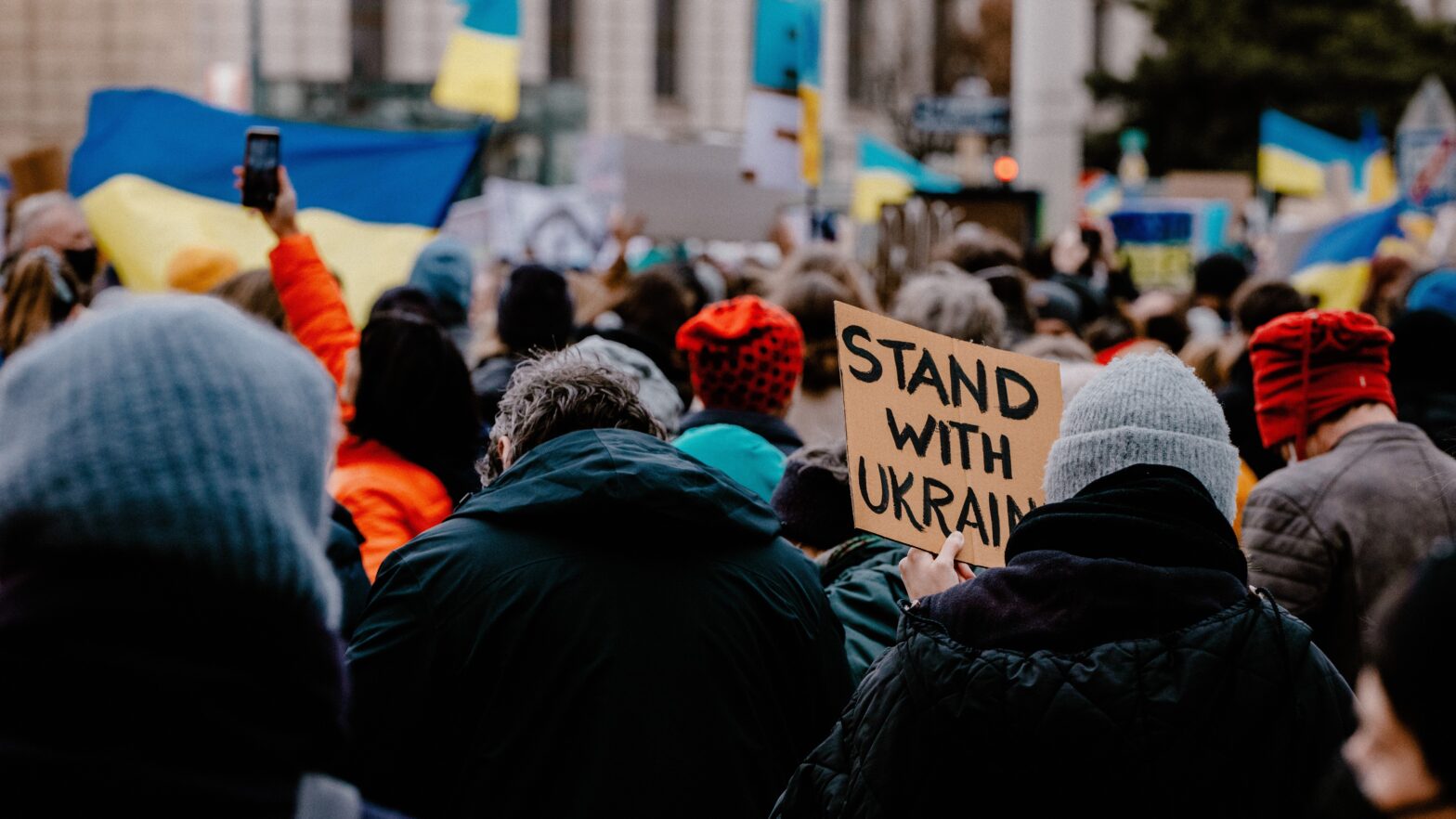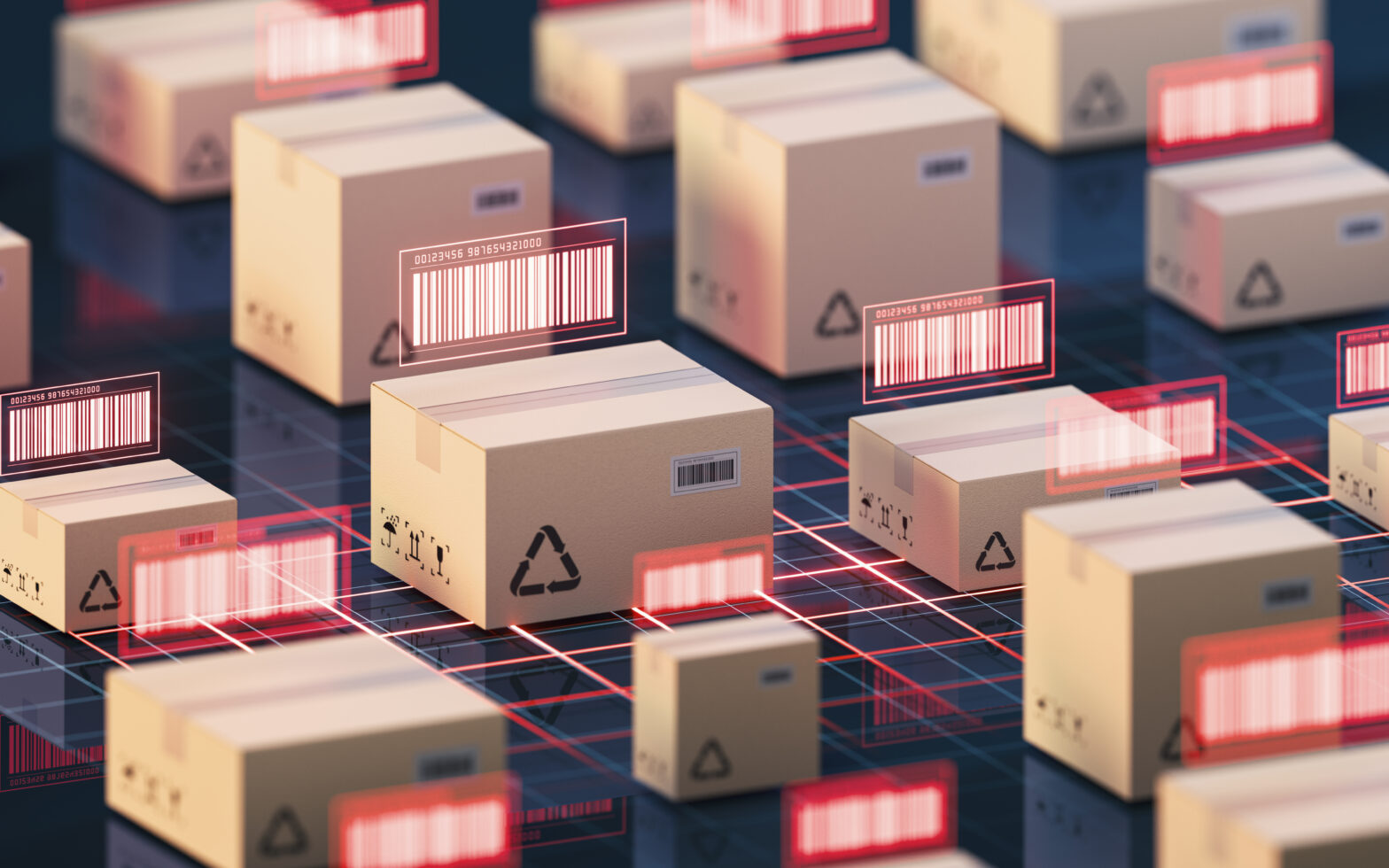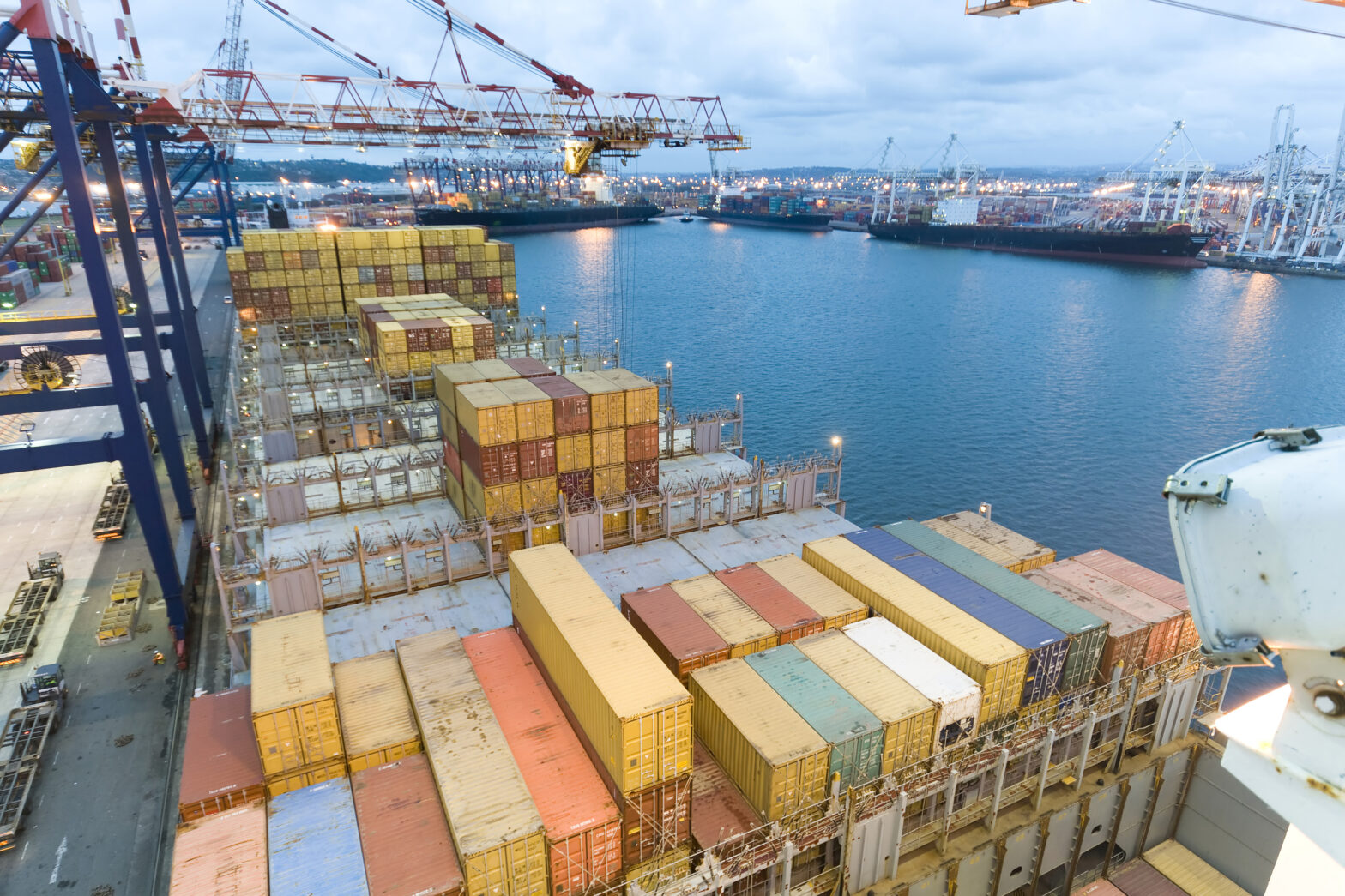Many small business owners are asking the question whether they can or should continue to trade with Russia, given the war in Ukraine.
SMEunited, the pan-European small business organisation which includes the Handicraft Chamber of Ukraine and UK Federation of Small Businesses, has issued a statement saying that sanctions will impact directly or indirectly all small businesses and that they will have a cost.
But as Marco Forgione, director-general of the Institute of Export & International Trade, put it, “the business cost of war is always secondary. The human cost is more important”.
Paul McComb, director of exports at the Department for International Trade, said last week that more than 400 businesses had been in contact asking if they could continue to trade with Russia – and whether they should.
McComb told an institute webinar of around 1,400 business owners last week, “As a package this a huge response from the West. This is not the end – you will see Russian countersanctions.
“It’s an uncertain situation and people are concerned about getting paid and whether they can actually move goods back and forth even if they are not caught by the measures.”
What are the Russia sanctions so far?
- The UK, EU, US, Japan, Australia and others have all imposed sanctions
- International collaboration on restricting access for Russian banks to SWIFT
- Russian bank assets frozen
- Russian banks stopped from raising funds in the UK, including the Russian Central Banka and sovereign wealth funds
- MasterCard and Visa blocking Russian transactions
- Assets frozen for Russian individuals and businesses
- Dual licences suspended for goods that can be used for mining
- Technology exports stopped
- All travel restricted to and from Russia
- Aeroflot banned from landing in the UK
- Barred from international events, such as sports matches
Which goods are banned for export to Russia?
Russian sanctions have actually been in place since 2014 after the invasion of Crimea.
The Government has subsequently revoked export licences for many goods that could have a military as well as civilian application, while the export of high-tech components used in the oil and gas industry have been stopped entirely.
Economist Dr Rebecca Harding, CEO of trade data consultancy Coriolis Technologies, told the IOE&IT webinar: “This is an everchanging landscape. The sanctions are comprehensive and will be ratcheted up.”
The trade ministry’s Export Control Joint Unit (ECJU) has been revoking export licences and contacting those businesses affected.
Exporters should also be aware of financial sanctions, restrictions on Russian vessels entering UK ports, and the information they could share when talking to their overseas trade reps, or directly with customers.
- Military goods and military technology
- Provision of technical assistance, armed personnel, financial services or funds, or associated brokering services where such provision enables or facilitates the conduct of certain military activities
- Critical-industry goods and technology
- Energy-related goods
- Energy-related services
- Goods originating in Crimea
- Infrastructure-related goods
- Services relating to a relevant infrastructure sector in Crimea
- Services relating to tourism in Crimea
- Dual-use goods and technology
However, Marco Forgione, director-general of the institute, told the Times: “Dual-use goods are not always obvious. There are around 3,000 tariff codes to which dual-use has been allocated, from temperature control systems to fuel pump covers, so it is really important that exporters really know their products and understand where they fit.”
Can I trade with Russia if my goods aren’t on the sanctions list?
Every business needs to be compliant. Check the Russian sanctions list published by the trade ministry.
Should I trade with Russia?
The Government recommends you talking to other businesses in the same sector or professional bodies such as the Federation of Small Businesses, the British Chambers of Commerce and the Institute of Export & International Trade.
McComb said: “You will have to take advice as you will not find the Government stepping in and saying, ‘If I was in your shoes this is what I would be doing’. Our job is to inform you of the rules.”
How can I help Ukraine?
The international trade department says that increasingly it is answering questions as to how businesses can support Ukraine.
The first thing your business can do is observe existing sanctions.
The Foreign Office is coordinating all offers of assistance to Ukraine, if you think your small business has something to offer.
What if I continue to trade with Russia and my goods are on the banned list?
Breaking export controls is a criminal offence. Punishments can vary depending on the nature of the offence. But you could be either fined with a compound-interest penalty or go to prison for up to 10 years.
How much trade does the UK do with Russia?
Russia is the UK’s 15th largest import partner
- We mostly import precious metals and stones, such as industrial diamonds and gold ($19.3bn) and oil and gas ($3.2bn)
Russia is the UK’s 21st export partner
- machinery and components
- automobiles
- pharmaceuticals
- spirits, especially whisky ($300m), beverages and vinegar
The UK has a trade deficit with Russia
- imports $673bn
- exports $420bn
We export $789.3m to Ukraine – automotive is the largest sector
We import $736.1bn from Ukraine – cereals, iron and steel
What if I have suppliers in Russia?
Start to look for alternative suppliers. There will be disruption to the Russian supply chain for some time to come. Do not establish any new relationships with any suppliers. It will still be possible to trade with Russia, but payment will take longer.
“This is a conflict that’s going to last a long time. It is not going to be solved quickly,” said Harding.
Who can I turn to for advice?
Businesses trading with Russia and Ukraine have been urged to contact the Government’s Export Support Service, which last week moved to a seven-day operation after the invasion. You can contact the Export Support Service from 8am to 10 pm. You can contact a special web page set up by the Export Support Service here.
8 steps to ensure your business stays compliant with Russian sanctions
#1 – Know your product
- Use the trade tariff tool to find out your commodity code
- Review the Government’s Russia sanctions advice to see if your goods are currently sanctioned or controlled
- Know the origin of your products
- Will they need to comply with UK, EU or US controls/sanctions?
#2 – Know your product’s destination
- Where is the final-end destination of your product?
- How will it be used?
#3 – Know your customer
- Know who your consignees, intermediaries, end-users, end-customers and ultimate end-users are
- No internal transaction made without required licence or against any relevant trade restriction or prohibition check
#4 – Know your suppliers – are they compliant?
- Module or supplier system
- Component supplier
- Parts supplier
#5 – Revisit your licences
- Review licence suspensions
- New and existing licences suspended for dual-use items
- Suspend any shipments
- Sign up to alerts from the IOE&IT and ECJU for updates
#6 – Revisit your contracts
- Check which incoterms you are using
- Review your payment, IP, liquidated damages and insurance terms
- Check termination clauses in purchase orders
#7 – Establish an Internal Compliance Programme
- An Internal Compliance Programme (ICP) is required for any trade of controlled goods with the EU under relevant EC legislation
- Best practice is to have an ICP if trading controlled goods in any market, not just the EU
- An ICP should cover:
– top level management
– organisational structure
– training and awareness
– transaction screening
– reporting
– record keeping and documentation
– security
#8 – Communicate with agents
- Make sure that both yourself and your agent are fully cognizant with that these sanctions mean – the impact, the controls, and how that information needs to go through the supply chain.
Can my Russian customers pay for goods they’ve already bought?
Talk to your bank. Banks have sanction screening departments. If this is not on a sanctioned area it will take longer to get paid. The new sanctions don’t apply for trading done in the past.
Will the force majeure clause in my business insurance cover the cost of any sanctions to my business?
Check your policy and see what coverage is included. A general principle is that if your business is impacted unexpectedly by Government then generally the insurance policy may cover this.
Further reading
How small businesses can help in the fight against modern slavery





